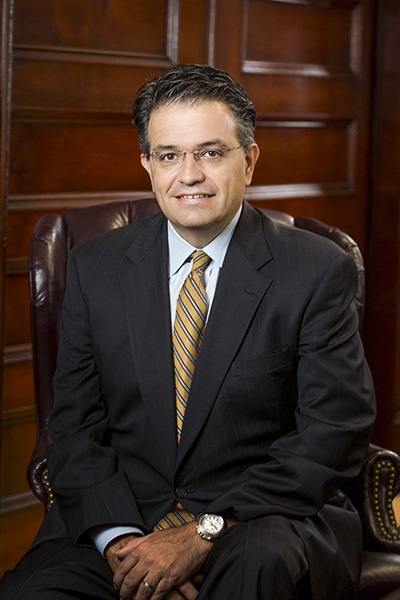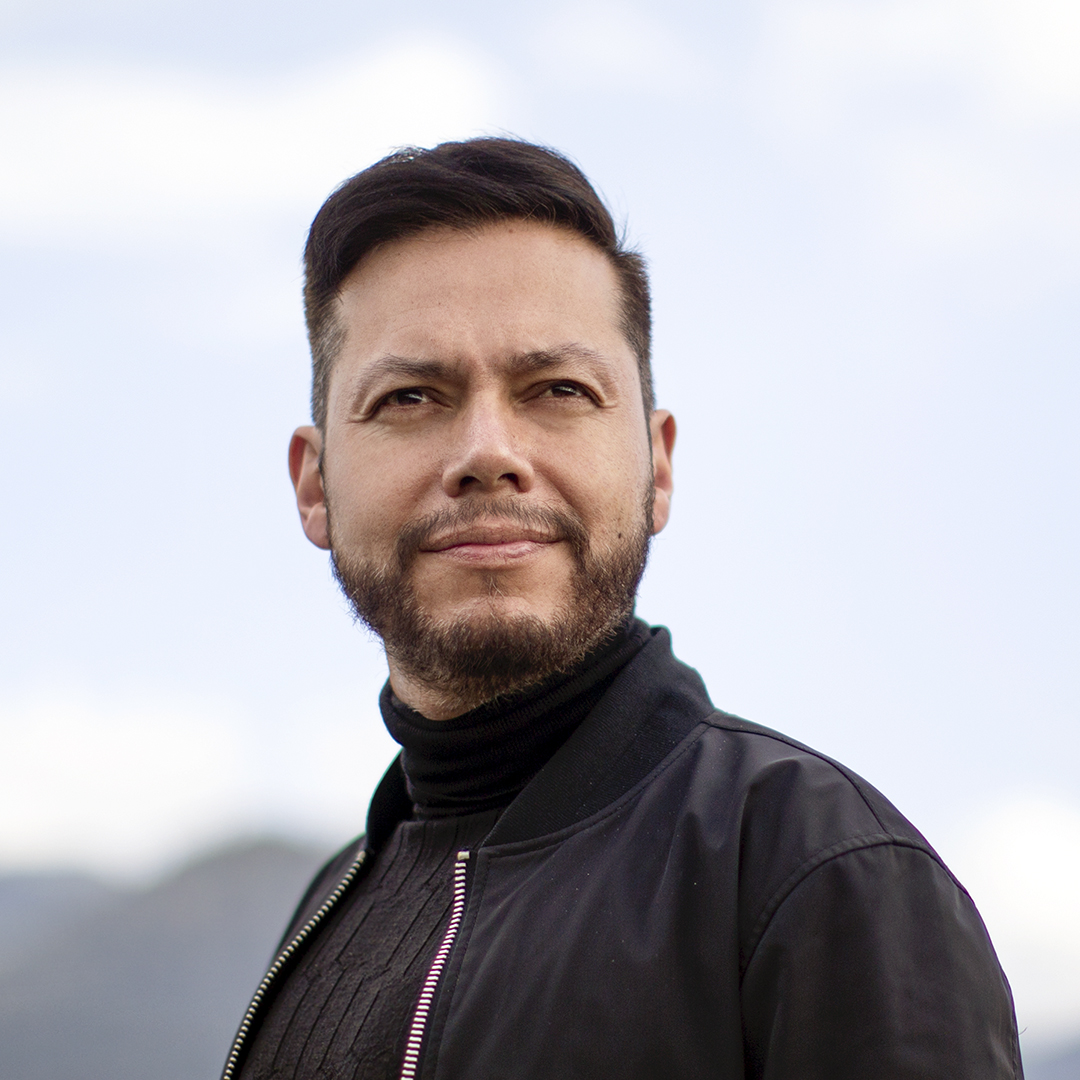|
Getting your Trinity Audio player ready...
|
“Growing up, I always wanted to be a lawyer,” says George Moreira of AT&T. The child of a first-generation, hard-working Portuguese immigrant family, Moreira spent his childhood surrounded by his family in a working-class town. The desire to do better for his family drove him to succeed. Now, as chief counsel for the Caribbean and Latin American region at AT&T, Moreira has seen his two wishes—to become a lawyer and succeed for the sake of his family—come true. What is more, his multicultural background gives him a unique insight into the delicate dance that international work requires.

Although neither Hispanic nor Anglo-American, his Portuguese ancestry makes Moreira fully Latin. A self-described “Portuguese gringo,” Moreira is comfortable in the dual worlds he occupies as the Caribbean and Latin American representative for a North American company. As a child, Moreira learned both English and Portuguese (the latter at home, the former at school), and his family frequently traveled to Portugal throughout his childhood.
“You’re fully American, you’re fully Portuguese, and yet you’re kind of on the outside looking in at both,” he reflects. “Being on the outside is always humbling, but it allows one to develop amazing insights and an appreciation of both worlds.”
This upbringing, along with his legal acumen, played a significant part in Moreira’s ability to secure his current role at telecommunications giant AT&T. Before he joined the company in 2007, Moreira worked as a trial lawyer at Carmody & Torrance, a large Connecticut legal firm. He handled many jury and court side trials there, and developed significant litigation experience. He then moved to the Southern New England Telephone Company, an affiliate of SBC Communications (which subsequently purchased AT&T), in New Haven, Connecticut, to bolster the company’s regulatory litigation unit, supporting carrier arbitrations as well as ongoing Telecom Act litigation.
Seven years later, AT&T had an opening in its international group for a multilingual head of counsel for Latin America. “I fit the profile and filled a need,” Moreira says. “I had fairly unique language skills, which was particularly important to the company. There are many lawyers that are bilingual, but there are few that are trilingual in this region.”
He’s been with the company for thirteen years, providing legal support to the regulatory, HR, compliance, tax, procurement, sales, and external affairs functions throughout the Latin American region. It’s a region with complex problems, Moreira says, particularly for a North American company—chief among them, interfacing with American decision-makers and local teams while reconciling the nuances and work environments between the different cultures.
“You’re fully American, you’re fully Portuguese, and yet you’re kind of on the outside looking in at both.”
“The biggest challenge is understanding the local dynamics, how things work there, and what is important to that region,” Moreira notes. In Latin America, there’s a more personal element to business work that prioritizes mutual respect and relationships, he explains, which contrasts with the more transactional nature of US corporate culture. If you do not develop relationships based on mutual respect, he says, you will accomplish little.
As someone who works and lives in both, Moreira stresses the importance of flexibility and open-mindedness when communicating the needs of two different markets. “If you don’t grasp that challenge, you will drop the ball,” he stresses.
That particular skill set comes easily to Moreira given his own easygoing nature; a natural facilitator, he often defaults to the local language of whatever group he’s speaking with to make them feel more comfortable. “But at the same time, I like to let them know I’m of immigrant stock,” he says with a chuckle, that self-deprecating humor allowing him to stand out in the room and lighten the mood. Says Moreira, “It opens doors, and that’s what I do.”
Moreira considers this translation work central to his role. But for him, it’s about more than simply translating the language itself—after all, anyone can Google translate. Rather, it’s about “translating the culture, the environment, and the regulatory understanding to an American corporate sensibility.” Moreira often has to convey the specific cultural nuances of AT&T to his Latin American partners and vice versa. “There’s a whole translation process, because [local counsel] isn’t fully versed in what you do in a given country,” he explains. “You, in certain circumstances, may know the law better than they do, but they have a unique understanding regarding the field of play.”
This skill set came in handy most recently when AT&T had to work to implement data privacy measures in Brazil. The country had just passed the Lei Geral de Proteção de Dados Pessoais, a privacy law similar to Europe’s General Data Protection Regulation, and Moreira had to bring in experts from US teams to implement automated changes to ensure that all Brazilian services complied with the new law.
“Some of the biggest things you can do are to bring analytical skills to the table, make decisions, and leave fingerprints that allow the company to move forward.”
This required a great deal of communication from Moreira, demanding that he translate the different policies and cultural nuances coming into play. But he relished the task: “There’s real satisfaction when you can bring specific information to a team and collaborate with them to get to a finished product.”
Moreira’s partners in the region, including Jorge D. Ortiz, a partner at Argentian law firm Estudio Ortiz y Asociados, have great respect for Moreira’s approach to these kinds of situations. “Decisive. This is the word that best defines George when working,” Ortiz says. “He listens to all members of the team but never hesitates to make a decision without the need for unnecessary meetings and calls. And he is even able to make it look a part of a general consensus.”
Given the vital role that Moreira plays in translating AT&T’s US corporate decisions for the company’s Latin American and Caribbean partners, virtually every decision requires his input or insight. The work is occasionally invisible—Moreira likens it to being the holding midlfielder on a soccer team, who gets the work done without necessarily getting the focus—but it’s immensely rewarding nonetheless. “I’m the CEO of small decisions,” he jokes. “The decisions, may not be headline-making, but they help AT&T move the ball down the field.”
But in corporate America, even those small decisions are important for the survival and growth of the company. According to Moreira, “Some of the biggest things you can do are to bring analytical skills to the table, make decisions, and leave guideposts that allow the company to move forward.”

